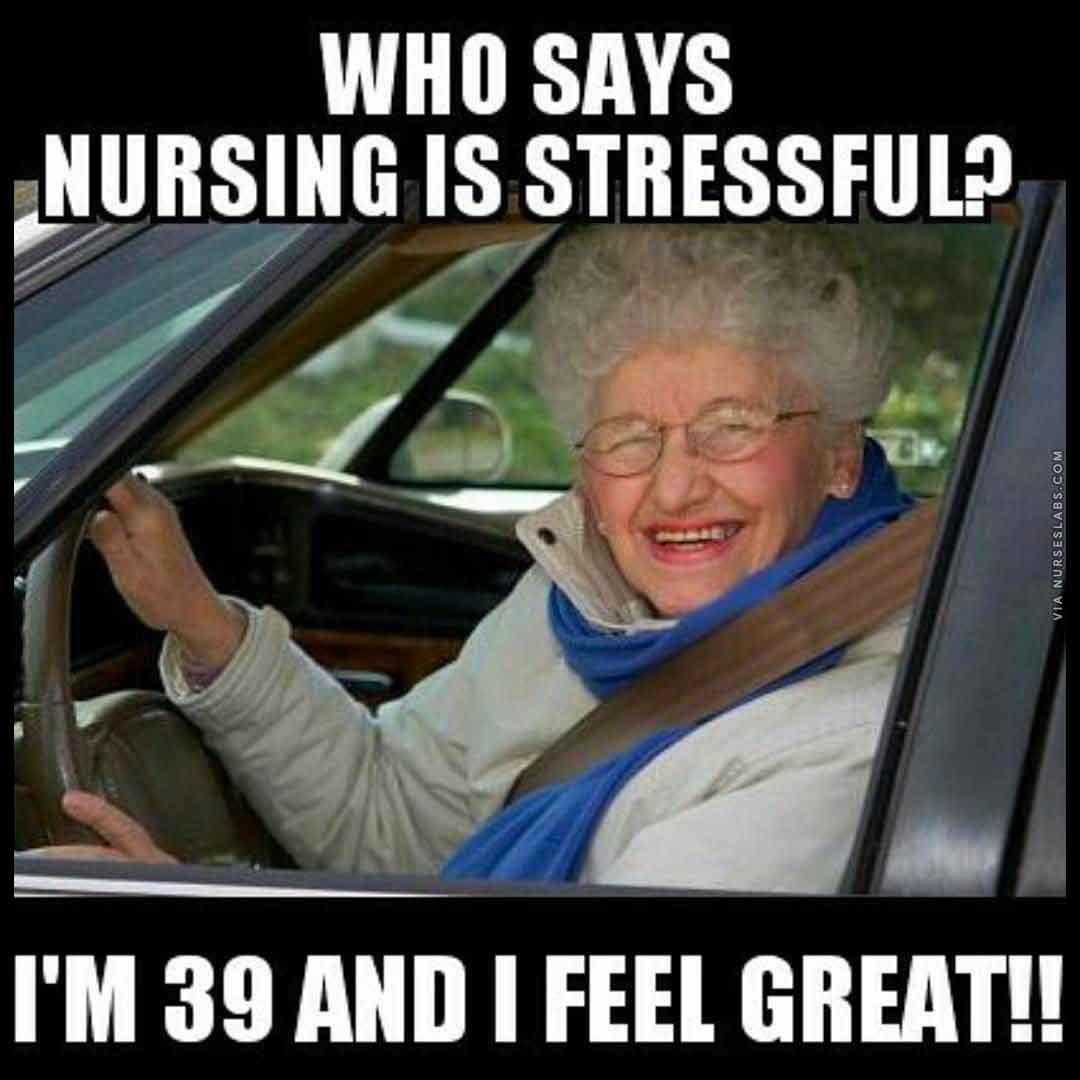Can You Be a Nurse with a Health Science Degree?
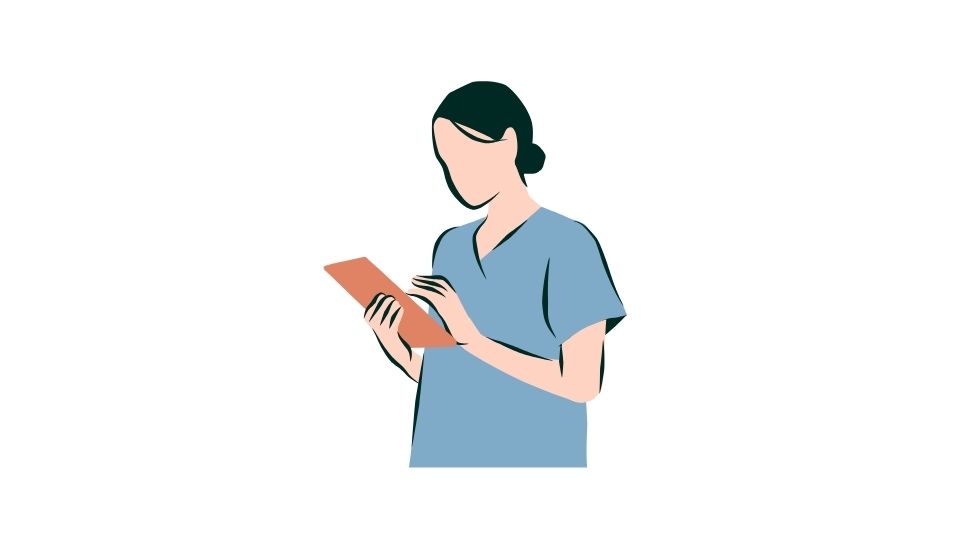
So you want to become a registered nurse with your health science degree?
Bad news: You can’t. But don’t throw away that degree just yet!
Let me break it down for you – while health science and nursing might sound like close cousins at the family reunion, they’re actually more like distant relatives who barely know each other.
Why Your Health Science Degree Isn’t a Nursing Ticket
Health science degrees give you a solid foundation in important stuff like biology, psychology, and medical terminology. But becoming a nurse requires specific training that goes way beyond theoretical knowledge.
Think about it this way: knowing how a car works doesn’t automatically make you a race car driver.
What’s Missing From Your Health Science Degree
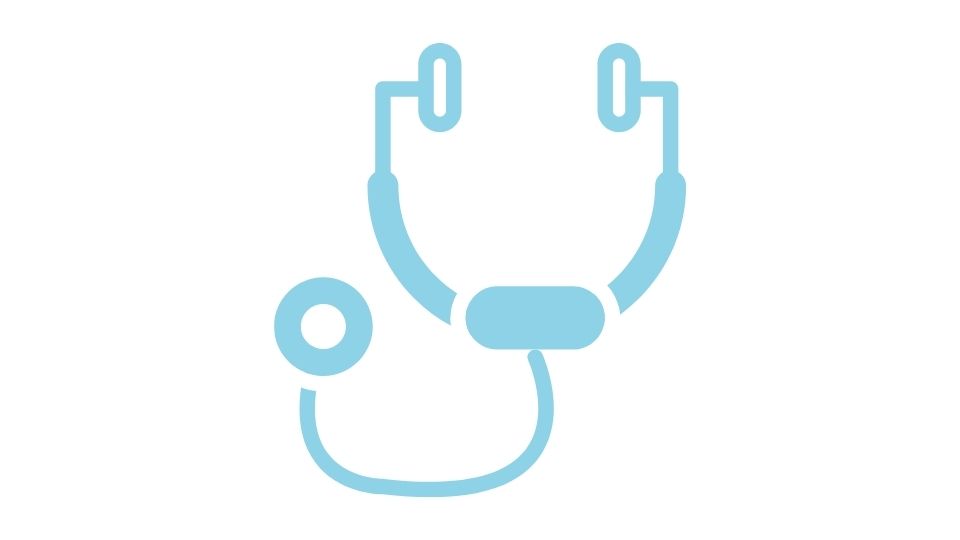
Your health science degree probably covered some great basics, but it’s missing the secret sauce of nursing education:
- Hands-on clinical experience where you actually touch patients (not in a weird way)
- Nursing-specific courses like pharmacology and patient assessment
- NCLEX-RN exam preparation (the licensing test all RNs must pass)
The biggest difference? Nursing programs include extensive clinical practicums where students work with real patients under supervision. This isn’t just a nice-to-have – it’s absolutely essential to develop the skills nurses need every day.
As one nursing educator explains, “Nursing education combines theory with practice in a way few other disciplines require. You can’t learn to be a nurse from textbooks alone.”
The Real Requirements for Becoming an RN
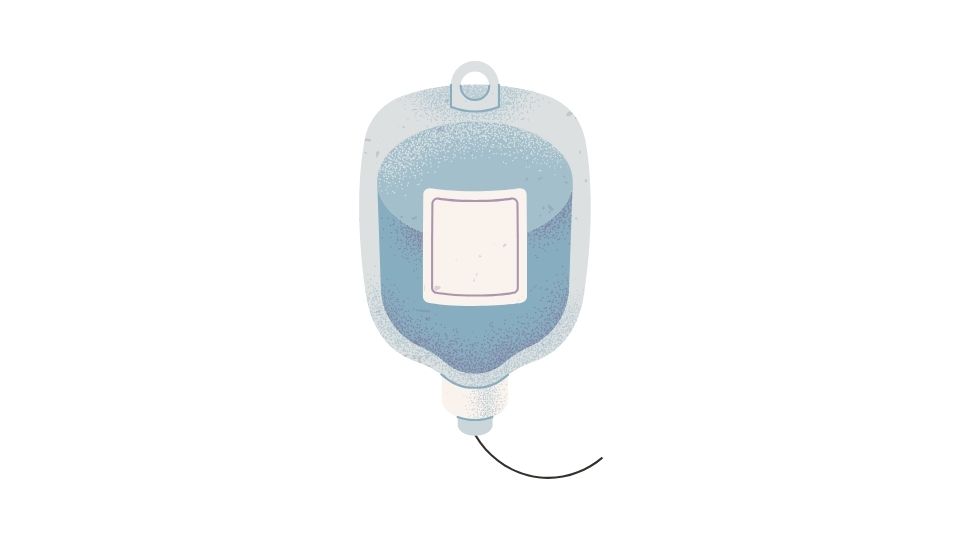
To legally call yourself a registered nurse and practice, you need:
- An accredited nursing education program (either ADN or BSN)
- To pass the NCLEX-RN examination
- State licensure
The two main education paths are:
Associate Degree in Nursing (ADN)
- Usually 2-3 years
- Focuses on clinical skills and nursing fundamentals
- More affordable but may limit career advancement
Bachelor of Science in Nursing (BSN)
- Typically 4 years
- More comprehensive with leadership, research, and public health
- Increasingly preferred by employers
- Better patient outcomes according to research
After completing either program, you must pass the NCLEX-RN, which tests everything from medication administration to critical thinking in patient care scenarios.
Your Health Science Degree Can Still Help You Become a Nurse
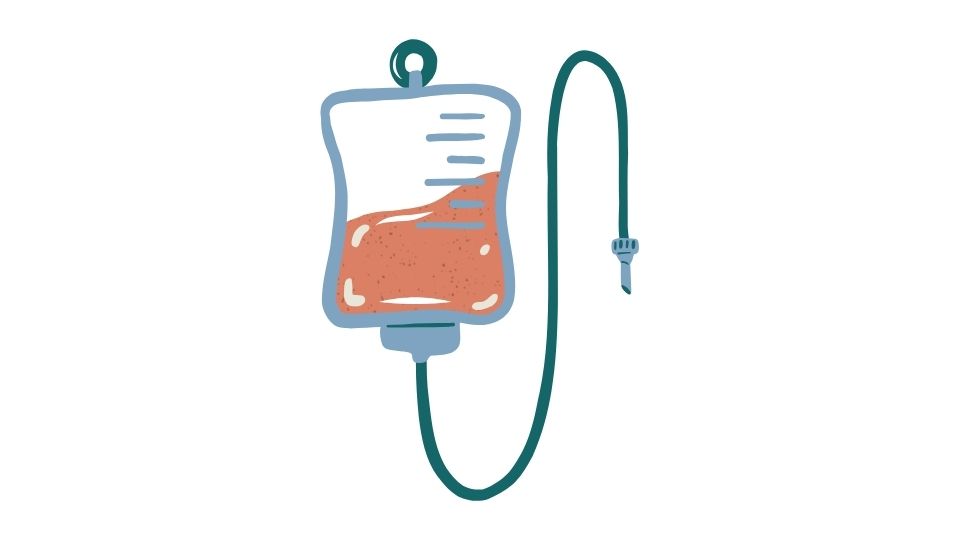
Don’t despair! Your health science degree isn’t useless if nursing is your goal. In fact, you have some advantages over someone starting from scratch.
Here are your options:
Accelerated BSN Programs
These programs are specifically designed for people like you who already have a bachelor’s degree in another field. They typically take 12-18 months of intensive study instead of 4 years.
The best part? Many of your science prerequisites might already be completed from your health science coursework.
One study of accelerated nursing programs shows graduates perform as well or better on the NCLEX-RN than traditional students.
Direct Entry Master’s in Nursing
If you’re feeling ambitious, some schools offer programs where non-nursing graduates can earn an MSN (Master of Science in Nursing) in about 3 years.
Traditional Nursing Programs with Transfer Credits
You could also apply to a regular nursing program and potentially transfer some of your health science credits, shaving off some time and money.
The Bottom Line on Health Science vs. Nursing
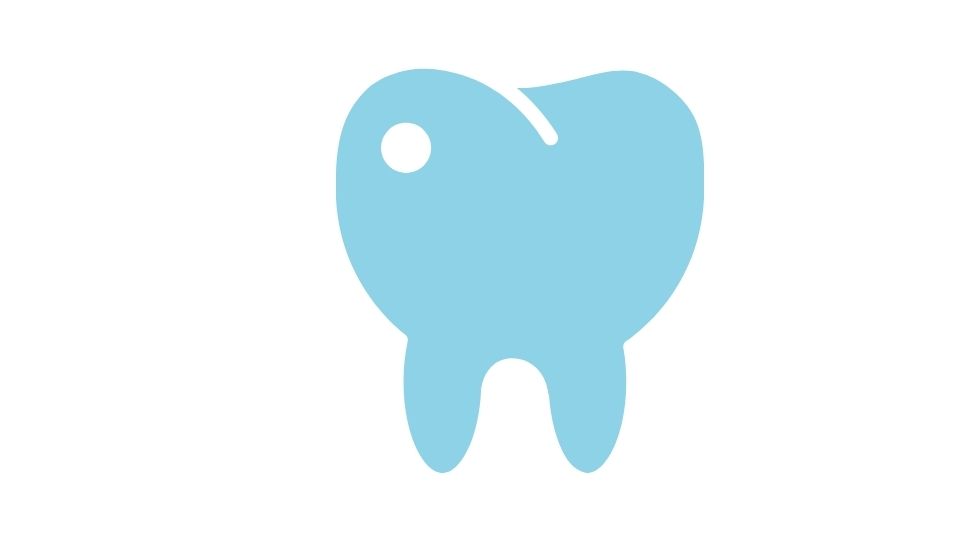
| What You Need to Be an RN | Health Science Degree | Nursing Degree |
|---|---|---|
| Basic sciences | ✅ | ✅ |
| Clinical training | ❌ | ✅ |
| Nursing-specific courses | ❌ | ✅ |
| NCLEX-RN preparation | ❌ | ✅ |
Look, I’m not trying to rain on your parade. Your health science degree is valuable! It’s just not a direct path to becoming an RN.
Think of your health science degree as the foundation of a house. You’ve got a great start, but you still need to build the actual house (nursing education) before you can move in and call yourself a nurse.
The good news is that nursing continues to rank as one of the most trusted professions, and the Bureau of Labor Statistics projects continued strong demand.
So if nursing is calling your name, take that health science knowledge and build on it. You’ve got options, and you’re already ahead of the game in many ways.
Just don’t try to skip the clinical training part. No one wants a nurse who’s only read about starting IVs but never actually done one. Trust me on that.

